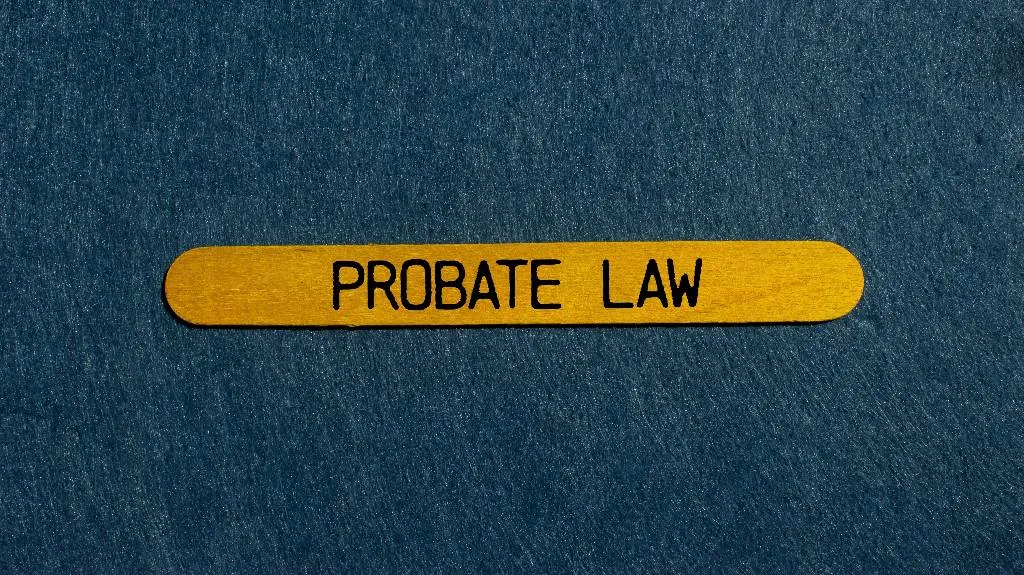It is likely that you have heard of both a will and a living trust, but you may not be able to discern the difference between the two. You may even think that a living trust is just for the super-rich, or even worse, that both a will and a living trust are only for those in a more “advanced” age. This article is going to dispel these myths and give you the knowledge you need to understand the differences, so you can make the right decision on what is best for you and your family.
First, let’s address the myths. Living trusts are not for the super-rich. The law does not require a minimum amount of assets to obtain the benefits of having a living trust in place. In addition, the same benefits for one with a modest estate are the same for those with a vast estate. The benefits we will soon discuss, apply to estates of all sizes.
Get a Free Consultation Today
Living trusts are not just for those of “advanced” age. While end-of-life planning may be of more of a concern for those of us that have experienced a longer life, if you have been around long enough, you know that no day is guaranteed. Tomorrow is a gift that only those of us that are lucky enough get to enjoy.
Estate planning is important for every stage of adult life and having a living trust in place makes it so those waning minutes of life are not spent worrying about how your family will deal with your loss.
Before we get to the differences, I must mention that there is nothing in the law that requires you to establish a will or a living trust. State law has an established estate plan for everyone. The probate code spells out exactly how your estate will be divided when you pass. This also includes the possibility that the state becomes your beneficiary, meaning the state could ultimately get all of your assets. We have yet to encounter anyone that gets particularly excited about that possibility.
You establish an estate plan to ensure your wishes are followed, so your family, creditors, and even those long-lost relatives aren’t left to fight over how things will be settled. While the probate code will govern this, for the most part, a will that you leave will replace a majority of those instructions in the code for your own. This allows you to decide which of your family will benefit from your estate and how creditors will be paid. It also ensures that those you don’t wish to receive a benefit, will not.
What a will doesn’t do, is avoid probate court proceedings. If you have ever had to endure the torture of experiencing a probate process for a loved one, you will understand why you would want to do whatever you can to avoid probate.
If your goal is to avoid the probate process, a living trust is one of the best tools to accomplish this. A living trust allows your estate to pass according to the instructions in your trust agreement without having the need for judicial oversight. As we discussed in that prior article, avoiding probate maintains your privacy, allows for a quicker and smoother process, and ultimately saves a tremendous amount of money.
A living trust has a tremendous amount of flexibility, limited only by very few restrictions. Like, your living trust cannot benefit organized crime, terrorist organizations, or have an illegal purpose. Other than these few restrictions, the boundaries of how your living trust will operate are limited only by your imagination. It can distribute your estate just like a will, or it can hold assets to benefit minor children, or it can benefit a charity or scholarship program, and it can even benefit your favorite animals. These are just a few examples of what can be done to craft your living trust to take care of those people and organizations that are important to you.
A comprehensive estate plan will employ both a will and a living trust. There is no single document that can possibly address every possibility of our human experience. For that reason, your will acts as a safety net to protect your living trust. If something were to happen where your living trust is not properly funded, the trust itself is legally invalid, or some other unforeseeable event occurs that affects the living trust, assets could fall into your probate estate. The will instructs the court to take those assets and either “pour” them back over to the living trust, create a new trust (called a testamentary trust) with the same terms as your living trust, or disburse your assets according to the same terms of the trust. This ensures that when the unforeseeable happens, your wishes are followed.
Our estate plans are comprehensive and customized specifically for you and your desires. The goal of our estate plans is to ensure that your legacy lives on, no matter what happens to you. Call us today to schedule your no-obligation consultation today to see how we can bring you the peace of mind a comprehensive estate plan provides.
Filippi Law Firm, P.C., provides legal services in estate planning, probate, trust administration, trust litigation, and personal bankruptcy in the greater Sacramento area, with a focus in Rocklin, Roseville, Lincoln, and Granite Bay. Give us a call at (916) 333-7910 or fill out the contact form to get in touch with our office. Consultations are free, and they can be done over the phone, via Zoom, or in person at our office in Rocklin. Prepare for your future and work with the best estate planning attorneys today.




